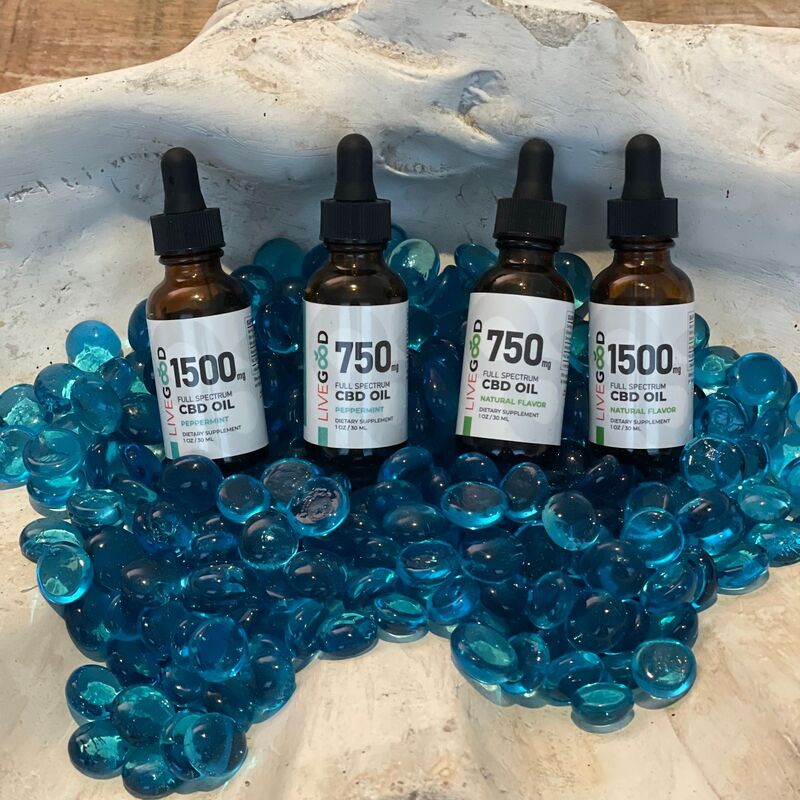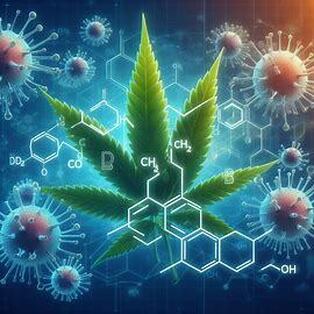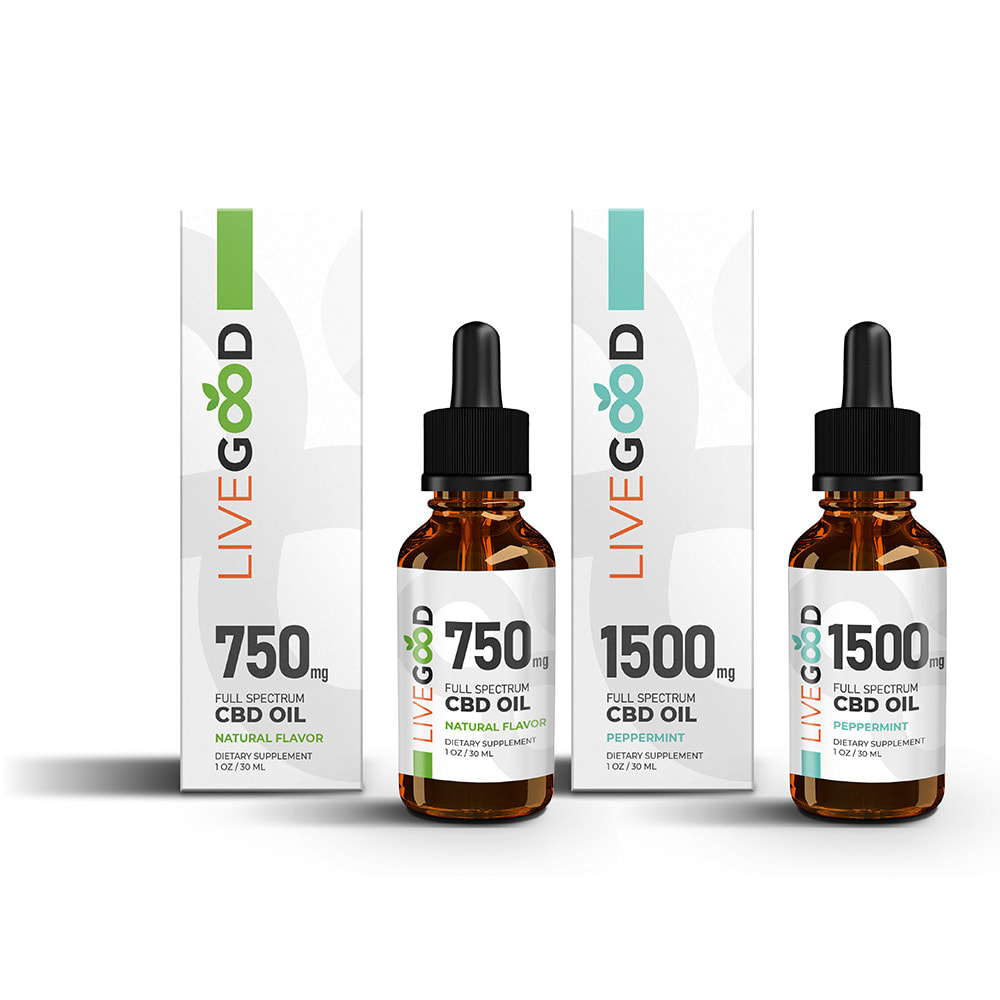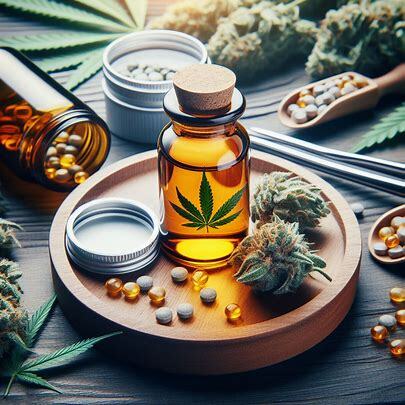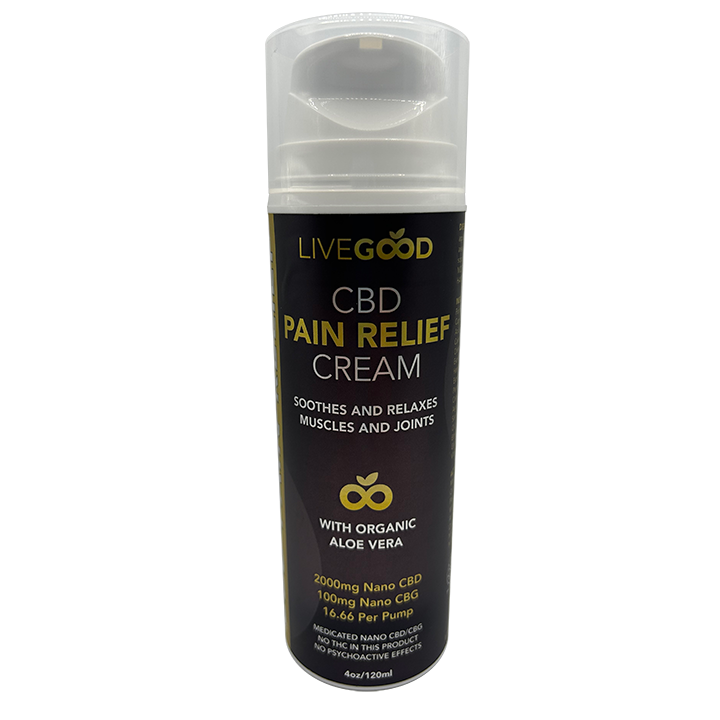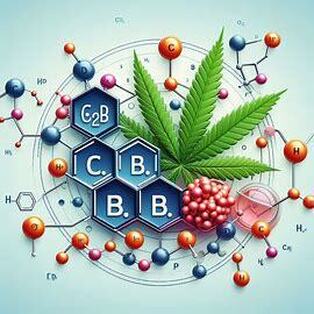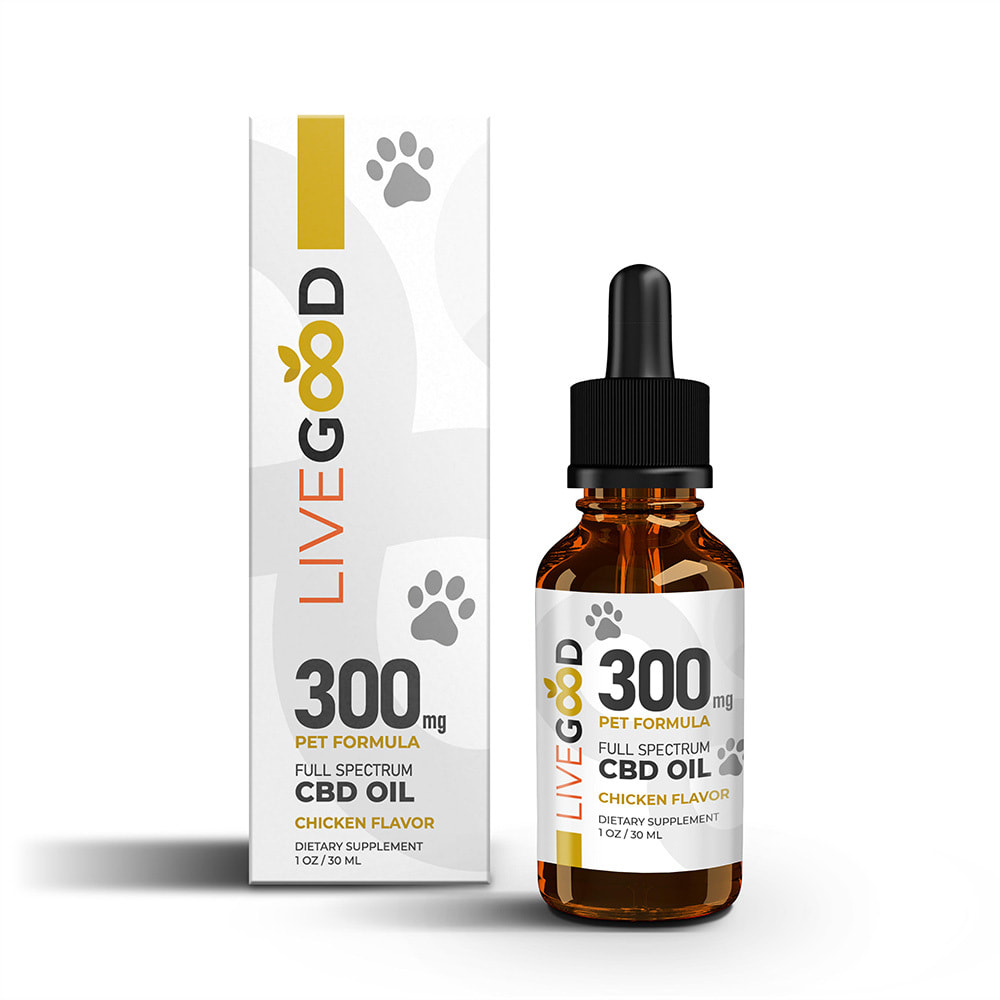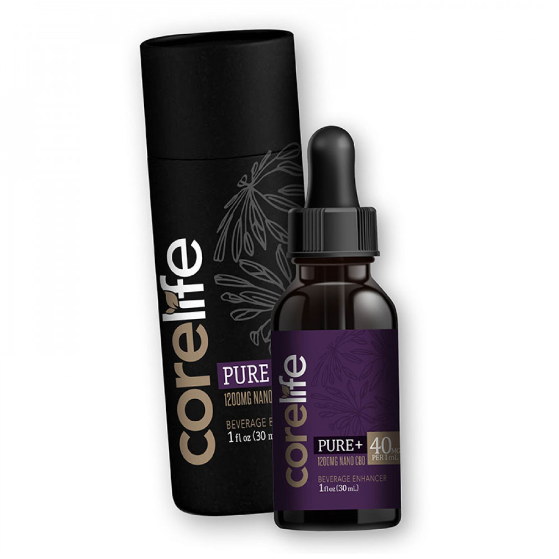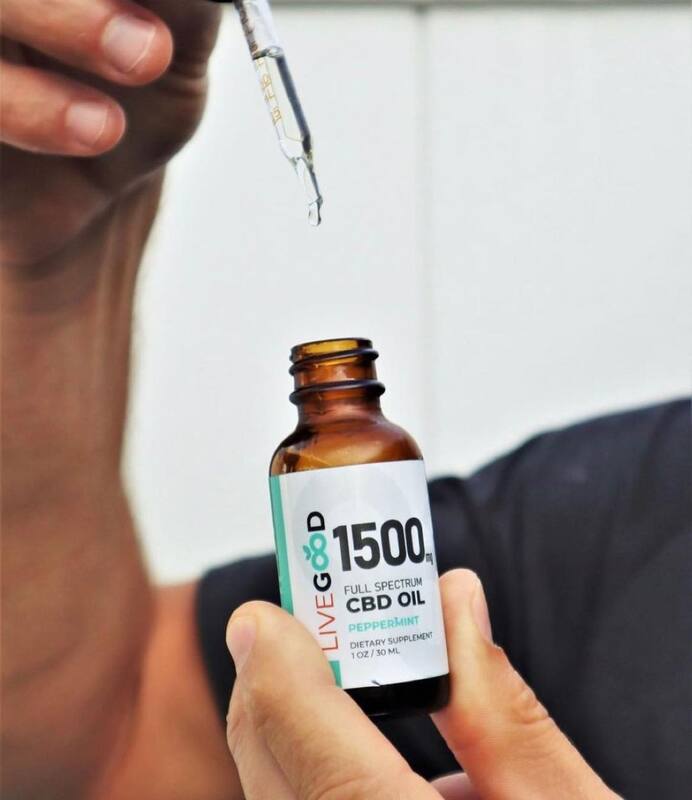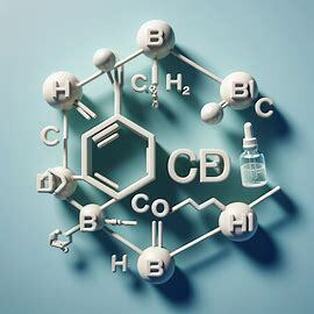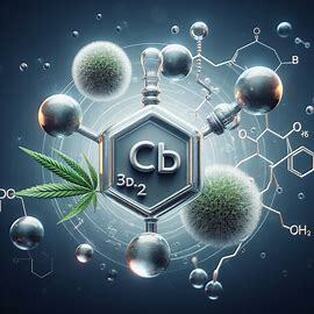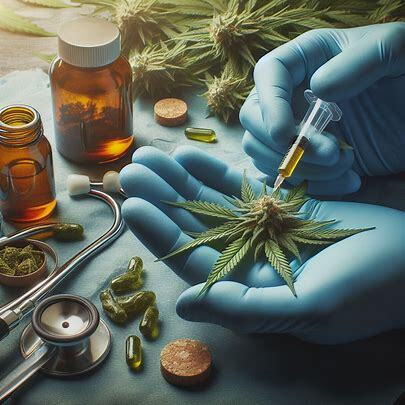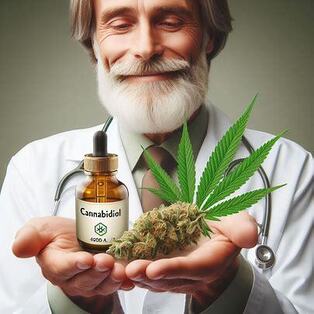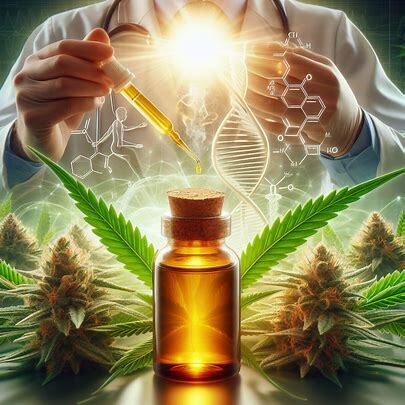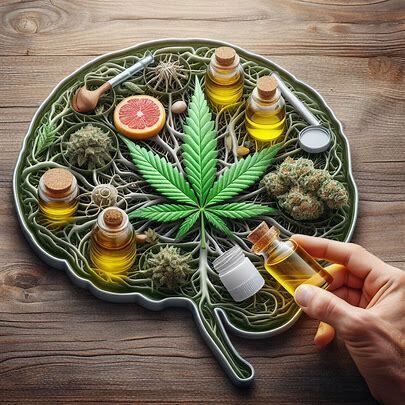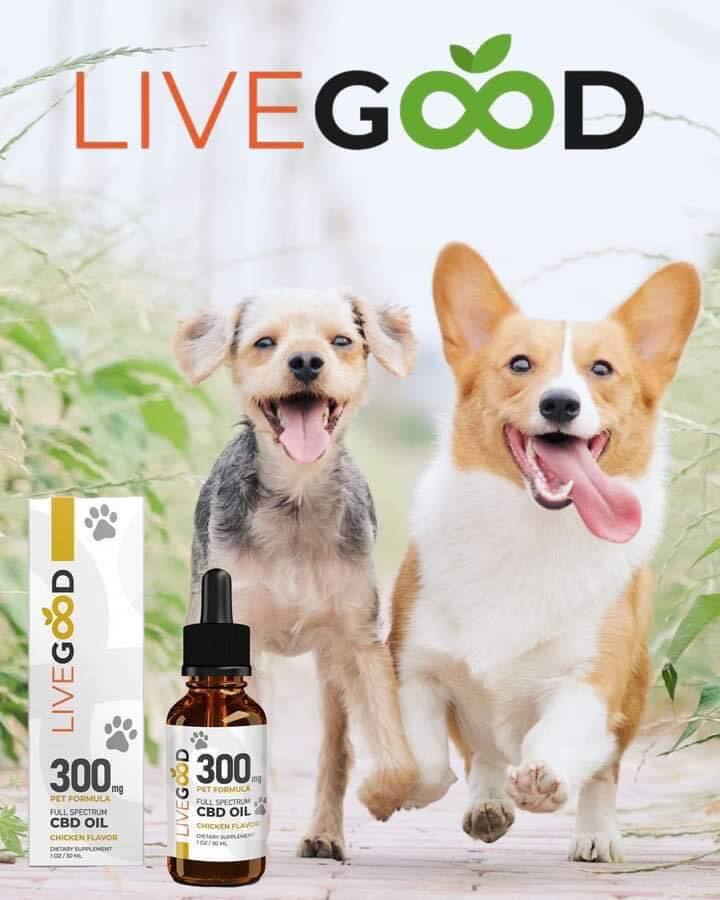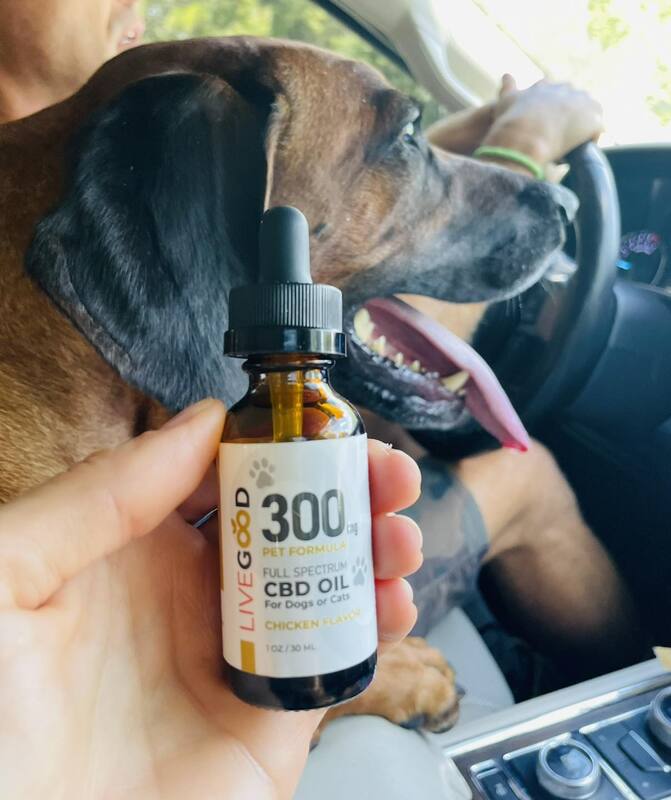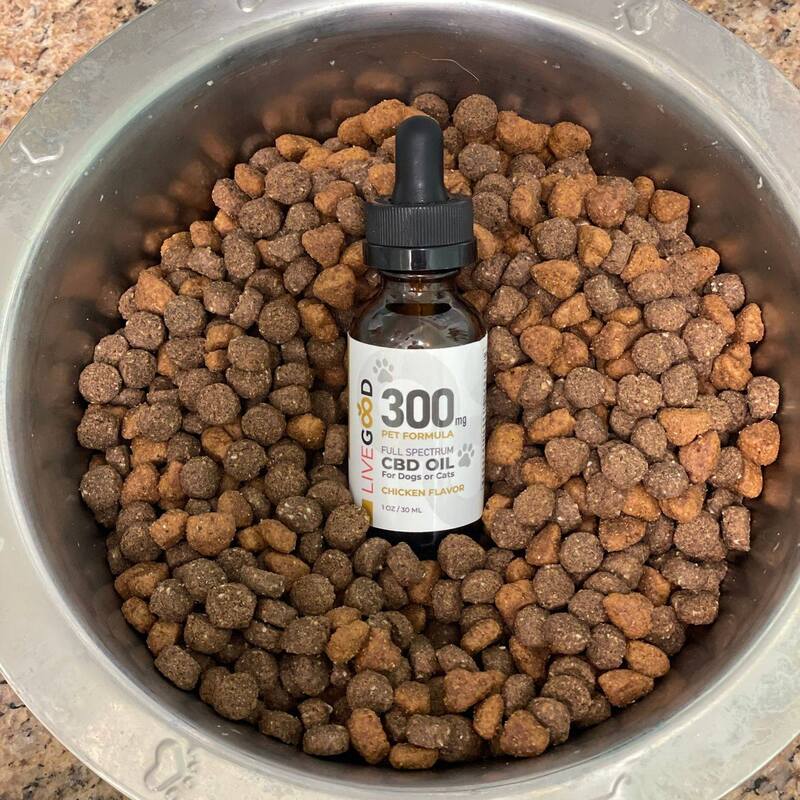|
CBD Overview
The proper chemical name for CBD is cannabidiol. It is a phytocannabinoid, which means it is a natural compound found in the cannabis plant. The chemical formula for cannabidiol is C21H30O2. CBD, or cannabidiol, is a chemical compound found in the cannabis plant. Here are several aspects you might want to know about CBD:
While CBD holds promise for various health conditions, individual responses may vary. It's essential to consult with a healthcare professional for personalized advice based on your specific health needs and conditions. CBD Basics
CBD, or cannabidiol, is a chemical compound found in the cannabis plant. It is one of over 100 cannabinoids and is known for its non-psychoactive properties, meaning it does not induce a "high" like THC (tetrahydrocannabinol). CBD can be sourced from both hemp and marijuana plants, with hemp-derived CBD containing less than 0.3% THC being legal in various regions. CBD has gained attention for its potential therapeutic effects. It interacts with the endocannabinoid system in the human body, influencing various physiological processes. Some studies suggest anti-inflammatory, analgesic, anti-anxiety, and neuroprotective properties. CBD is available in various forms, such as oils, tinctures, capsules, edibles, and topicals. Commonly, CBD oil is taken sublingually for quicker absorption. The legal status of CBD varies globally and nationally. It's important to be aware of local regulations concerning CBD products. Generally well-tolerated, CBD may have side effects such as fatigue, diarrhea, or changes in appetite. It's advisable to consult with a healthcare professional, especially if one is on other medications, due to potential interactions. Ongoing research is exploring the full spectrum of CBD's potential benefits and risks. The FDA has approved Epidiolex, a prescription CBD medication, for certain types of epilepsy. Individual responses to CBD may vary, and it's crucial to seek personalized advice based on specific health needs and conditions. Comparing CBD to Other Compounds To provide a comprehensive overview, let's compare CBD with other similar chemical compounds, particularly within the context of cannabinoids found in the cannabis plant:
The effects of these compounds can vary based on factors such as dosage, individual differences, and the presence of other cannabinoids or terpenes. Additionally, ongoing research continues to unveil the potential benefits and risks associated with each compound. Individuals seeking to use cannabinoids for specific purposes should consult with healthcare professionals for personalized advice. CBD in It’s Retail Forms
CBD is available to end-users in various forms, each tailored to different preferences and needs. Here are some common forms of end-user CBD products:
When choosing a form of CBD, individuals should consider factors such as the desired effects, onset time, personal preferences, and any specific health concerns. Additionally, it's crucial to purchase products from reputable sources to ensure quality and adherence to legal standards, especially regarding THC content. Consulting with healthcare professionals can provide personalized guidance on choosing the most suitable CBD product. Risks and Precautions With CBD Products
While CBD is generally considered safe for most people, there are potential risks and side effects associated with its use. It's important to be aware of these factors when selecting and using CBD. Here are some potential dangers and considerations:
Individual responses to CBD can vary, and the potential dangers mentioned are not exhaustive. It's crucial for individuals to consult with healthcare professionals before using CBD, especially if they are taking medications, have pre-existing health conditions, or are pregnant. Starting with a low dose and gradually increasing is a prudent approach, allowing individuals to gauge their response to CBD. CBD Myths
Several misconceptions exist surrounding CBD due to misinformation or lack of clarity. It's important to dispel these myths to foster a better understanding of CBD. Here are common misconceptions:
Clarifying these misconceptions can help individuals make informed decisions when considering CBD use. It's important to seek information from reliable sources, consult with healthcare professionals, and approach CBD use with realistic expectations. Benefits of Using CBD Products
[Each of the categories in this section are discussed in greater detail later on this web page.\ CBD, or cannabidiol, has been studied for its potential therapeutic benefits, and while research is ongoing, several positive effects have been reported. It's important to note that individual responses to CBD can vary, and more research is needed to fully understand its mechanisms and applications. Here are some potential benefits associated with the use of CBD:
While these potential benefits are promising, more research is needed to establish definitive conclusions about the efficacy and safety of CBD across different health conditions. Individuals considering the use of CBD for specific health concerns should consult with healthcare professionals to receive personalized advice based on their unique circumstances. What Science Knows About CDB
The science behind the creation and benefits of CBD products involves understanding the chemical and biological mechanisms of CBD, as well as the various methods of extraction, formulation, and delivery. Let's delve into the key scientific aspects:
In summary, the creation and benefits of CBD products involve a deep understanding of the endocannabinoid system, extraction methods, product formulation, and the complex interplay of cannabinoids and other compounds in the cannabis plant. Scientific research is continually contributing to our understanding of CBD's mechanisms and its potential applications in healthcare. Individuals considering the use of CBD for specific health concerns should seek guidance from healthcare professionals based on the latest scientific evidence. Common Potential Side Affects Using CBD Products
While CBD is generally considered safe for most people, there are potential side effects and considerations that individuals should be aware of. It's essential to recognize that individual responses to CBD can vary, and the existing research is not exhaustive. Here are some side effects and potential dangers associated with using CBD:
It's crucial for individuals to consult with healthcare professionals before using CBD, especially if they are taking medications, have pre-existing health conditions, or are pregnant. Starting with a low dose and gradually increasing is a prudent approach, allowing individuals to gauge their response to CBD. Additionally, purchasing products from reputable sources helps ensure quality and adherence to legal standards. Cultural Views of Using CBD Products
Cultural uses and views of using CBD vary globally and are influenced by historical, societal, and legal factors. Here are some aspects of the cultural uses and views of CBD:
Understanding the cultural uses and views of CBD requires considering the unique context of each society, including its historical relationship with cannabis, prevailing attitudes toward alternative medicine, and the impact of legal frameworks. As cultural perceptions evolve, so too may the acceptance and integration of CBD into various aspects of life. Historical and Ancient Use of CBD
The historical use of CBD in ancient cultures is challenging to pinpoint precisely due to limited written records and the complex nature of cannabis cultivation and consumption. However, evidence suggests that cannabis, which contains CBD among other cannabinoids, has a long history of use in various ancient societies. Here are some insights into the historical use of cannabis, including CBD, in ancient cultures:
It's important to note that while historical records suggest the use of cannabis in these cultures, information about specific cannabinoids like CBD is often not available due to the limited understanding of cannabis chemistry at the time. Additionally, the cultivation and usage of cannabis varied widely among ancient societies, and its role could differ from one culture to another. The ancient use of cannabis is a subject of ongoing research and archaeological investigations, contributing to our understanding of the historical significance of this plant. CBD Stigma
While the acceptance of CBD has grown in recent years, there is still some social stigma associated with its use. Several factors contribute to this stigma, and perceptions may vary across different cultures and communities. Here are some common reasons for social stigma related to using CBD products:
Addressing social stigma around CBD involves education, open dialogue, and efforts to correct misconceptions. Increased awareness of the differences between CBD and THC, along with promoting evidence-based information on CBD's potential benefits, can contribute to reducing the stigma associated with its use. As regulations and understanding continue to evolve, societal views on CBD may also shift. CBD For Newbies
If you've never used CBD products before, there are several important aspects to consider. Here's a comprehensive guide covering everything you should, need to, and might want to know about CBD: 1. What is CBD?
Individual responses to CBD can differ, and what works for one person may not work the same for another. Starting with a cautious and informed approach is key to finding the right CBD routine for your specific needs. CBD Scientifica
let's delve into the highly technical aspects of CBD, considering its chemical characteristics, interactions, and both physical and psychological effects: 1. Chemical Characteristics:
Where Do the Plants Grow?
Cannabidiol (CBD) is derived from the hemp plant, a variety of Cannabis sativa. Hemp cultivation for CBD production is influenced by various factors, including climate, soil quality, and regulations. Generally, regions with specific natural conditions are considered favorable for growing hemp. Some of these regions include:
Regulations play a crucial role in determining where hemp can be grown legally. The legal status of hemp cultivation and CBD extraction varies significantly from country to country, and it's essential for growers to comply with local laws and regulations. Additionally, advancements in agricultural technology and breeding programs are expanding the range of regions where hemp can be successfully cultivated for CBD production.
|
Major Topic Headings:
CBD
|
Cannibidiol in the Christian Bible
|
The use of cannabidiol (CBD) is not explicitly mentioned in religious texts such as the Bible, Quran, or other major religious scriptures. Religious texts typically do not delve into specific details about modern substances or compounds like CBD.
However, interpretations of religious teachings can vary, and some individuals or religious groups may incorporate personal beliefs about health and wellness, including the use of natural products like CBD. In Exodus 30 of the Christian Bible, starting at verse 23, Jesus spake to Moses a recipe, which included calamus (ASV; AMPC; DRC1752; GNV; JUB; KJV; KJVAAE; KJVAE; NIVUK; NLT; NMV; RV1885; RV1895; TLV; WBMS). However, calamus is toxic - as it is comprised of 75% asarone, which is both a poison and a carcinogen. The United States federal government outlawed use of calamus in medicine way back in 1968, although it is still allowed for use in pesticides. Further, the Hebrew word for calamus is "kanah bosm", the singular of which is "kaneh bos". Therefore, many experts understand that references to calamus are a mistranslation of what should be cannibis. |
Hence, it appears that the calamus in the above recipe would be cannibis.
The levels of CBD (cannabidiol) and THC (tetrahydrocannabinol) in cannabis can vary widely depending on the strain and growing conditions. CBD and THC are two of the many cannabinoids found in the cannabis plant. CBD is not psychoactive and is often associated with potential therapeutic effects, while THC is the psychoactive compound responsible for the "high" associated with cannabis. Also, since the bible also mentions hemp several times, it's worthy to note that In general, hemp plants contain higher levels of CBD and very low levels of THC, usually below 0.3%. On the other hand, marijuana plants can have varying levels of THC, with some strains containing high THC concentrations. It's also important to note that the specific CBD and THC content can be influenced by factors like the strain of cannabis, cultivation methods, and processing techniques. To determine the exact levels in a particular product, you should refer to the product's lab testing results, which are often available from reputable manufacturers.
|
Connecticut CBD Dispensaries
Source Data:
|
Publications
|
Reknowned and Respected
Researchers and Authorities
|
Other Resources of Interest
In the News
|
This article and all or part of it's content may have been written in part or in full by Art Intel; some or all images may have been created by Image Creator or other sources. This article in it's entirety is intended solely for entertainment.




